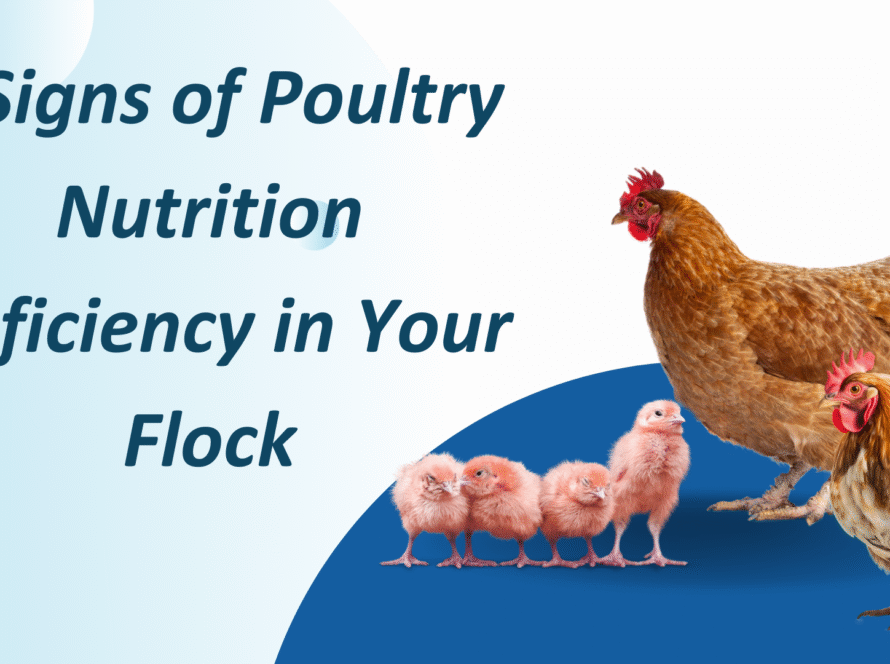
Antibiotics do not enhance poultry immunity directly, but by ensuring the health and prevention of infections add up in immunity. In modern poultry farming, their judicious use is crucial for disease prevention and overall flock well-being. This article delves into the multifaceted role of antibiotics in boosting poultry immunity, highlighting their benefits, mechanisms, and the importance of responsible usage.
Understanding Poultry Immunity
The immune system of poultry comprises innate and adaptive components that work synergistically to protect against pathogens. The innate immune system provides the first line of defense through physical barriers, cellular responses, and the production of antimicrobial peptides. The adaptive immune system, on the other hand, develops specific responses to pathogens, leading to long-term immunity. Antibiotics, while not directly enhancing these immune responses, support the overall health of poultry by preventing and treating infections that could otherwise compromise the immune system.
Mechanisms of Antibiotic Action in Poultry
Antibiotics function by targeting specific bacterial processes, thereby inhibiting the growth or killing the bacteria responsible for infections. In poultry, antibiotics are primarily used to prevent diseases such as coccidiosis, colibacillosis, and necrotic enteritis, which can severely impact flock health and productivity. By controlling these infections, antibiotics help maintain the integrity of the immune system, allowing poultry to respond more effectively to other pathogens.
Benefits of Antibiotic Use in Poultry Farming
- Disease Prevention and Treatment: Antibiotics are essential in controlling bacterial infections, reducing mortality rates, and ensuring the health of poultry.Clear Comfort
- Enhanced Growth Performance: By preventing diseases that hinder growth, antibiotics contribute to improved feed conversion ratios and overall productivity.
- Support for Vaccination Programs: Healthy poultry are better able to respond to vaccinations, leading to more effective disease prevention strategies.
- Improved Gut Health: Certain antibiotics can modulate the gut microbiota, promoting a balanced microbial environment that supports immune function.
Responsible Antibiotic Usage
While antibiotics are invaluable in poultry farming, their overuse can lead to antibiotic resistance, posing risks to both animal and human health. Therefore, it’s imperative to use antibiotics judiciously, adhering to veterinary guidance and regulatory standards. Implementing practices such as vaccination, biosecurity measures, and alternative therapies can reduce the reliance on antibiotics, promoting sustainable poultry farming.
Conclusion
In conclusion, antibiotics play a crucial role in boosting poultry immunity by preventing and treating infections that can compromise the health and productivity of flocks. Their responsible use, alongside complementary health management practices, ensures the well-being of poultry and the sustainability of the poultry industry.


